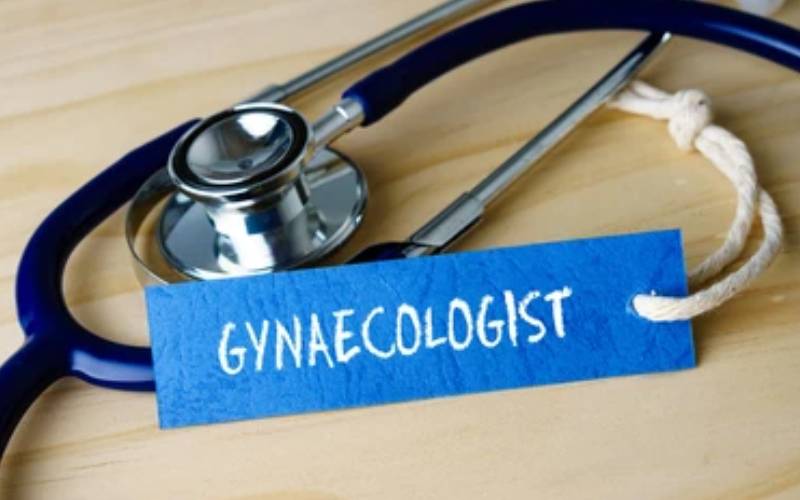×
The Standard e-Paper
Kenya’s Boldest Voice

The doctor-patient ratio in Kenya is about 1:10,000, against the World Health Organisation (WHO) recommendation of 1: 1,000. [Courtesy]
Fancy Chepkoech was diagnosed with kidney cancer (also known as nephroblastoma) at the Nakuru Level Four Hospital in July 2020. By September, the then seven-year-old had developed acute stomach pains and was referred to the Kenyatta National Hospital for review and removal of the growth.